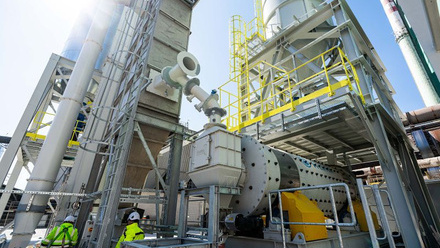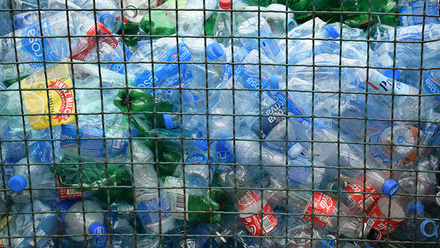Demand for biomass 'likely to exceed sustainable supply'
The UK's Energy Transitions Commission (ETC)'s latest report sets out how rapidly increasing demand for bioresources could outstrip sustainable supply, undermining climate mitigation efforts and harming biodiversity.

The report, Bioresources Within a Net-Zero Emissions Economy: Making a Sustainable Approach Possible, makes plain that while bioresources are in principle renewable, not all forms of biomass use are beneficial from an environmental perspective. To be sustainable, biomass production should have low life-cycle greenhouse gas (GHG) emissions. Its production should take into account the 'opportunity cost' related to carbon that could be sequestered without intervention, and must not:
- Compete with use of land for food production
- Trigger any land use change that could release carbon stocks into the atmosphere (especially deforestation)
- Negatively impact biodiversity and ecosystem health
The report recommends that biomass sources for use as energy should be limited to waste and residues, dedicated energy crop production on degraded/marginal lands, or where current crop/pastureland can be released.
The ETC is a coalition of more than 45 leaders from global energy companies, energy-intensive industries, financial institutions and environmental advocates.
It states that alternative zero-carbon solutions, such as clean electrification or hydrogen, must be developed rapidly to lessen the need for bio-based solutions. The ETC encourages a prioritisation of biomass for use in a few sectors where there is limited to no alternative.
Key uses include as timber, pulp and paper, and other wood products, or as a bio-feedstock for the plastics industry. The Commission notes that few uses in the form of energy stand the test of resource efficiency and expected long term cost-competitiveness. 'Aviation is the one exception where biofuels could play a major role in the next decades as synthetic fuels made from power-to-liquids may not reach cost-competitiveness and scale fast enough to meet the needs of the sector.'
In addition, applications will be appropriate where bioenergy use plus carbon capture and storage can deliver carbon removals.







